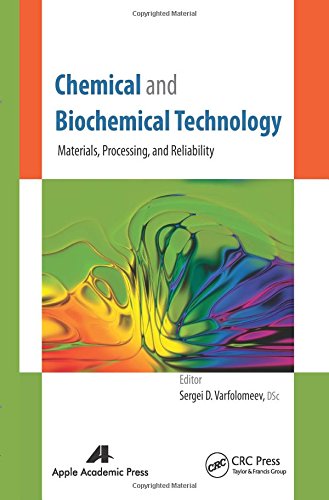

Most ebook files are in PDF format, so you can easily read them using various software such as Foxit Reader or directly on the Google Chrome browser.
Some ebook files are released by publishers in other formats such as .awz, .mobi, .epub, .fb2, etc. You may need to install specific software to read these formats on mobile/PC, such as Calibre.
Please read the tutorial at this link: https://ebookbell.com/faq
We offer FREE conversion to the popular formats you request; however, this may take some time. Therefore, right after payment, please email us, and we will try to provide the service as quickly as possible.
For some exceptional file formats or broken links (if any), please refrain from opening any disputes. Instead, email us first, and we will try to assist within a maximum of 6 hours.
EbookBell Team

4.0
56 reviewsBy providing an applied and modern approach, this volume will help readers understand the value and relevance of studying chemical physics and technology to all areas of applied chemical engineering, and gives them the depth of coverage they need to develop a solid understanding of the key principles in the field. Presenting a wide-ranging view of current developments in applied methodologies in chemical and biochemical physics research, the papers in this collection, all written by highly regarded experts in the field, examine various aspects of chemical and biochemical physics and experimentation.
The book:
• Highlights applications of chemical physics to subjects that chemical engineering students will see in graduate courses
• Introduces the types of challenges and real problems that are encountered in industry and graduate research
• Provides short chapters that introduce students to the subject in more bite-sized pieces
• Presents biochemical examples and applications
• Focuses on concepts above formal experimental techniques and theoretical methods
The book is ideal for upper-level research students in chemistry, chemical engineering, and polymers. The book assumes a working knowledge of calculus, physics, and chemistry, but no prior knowledge of polymers.